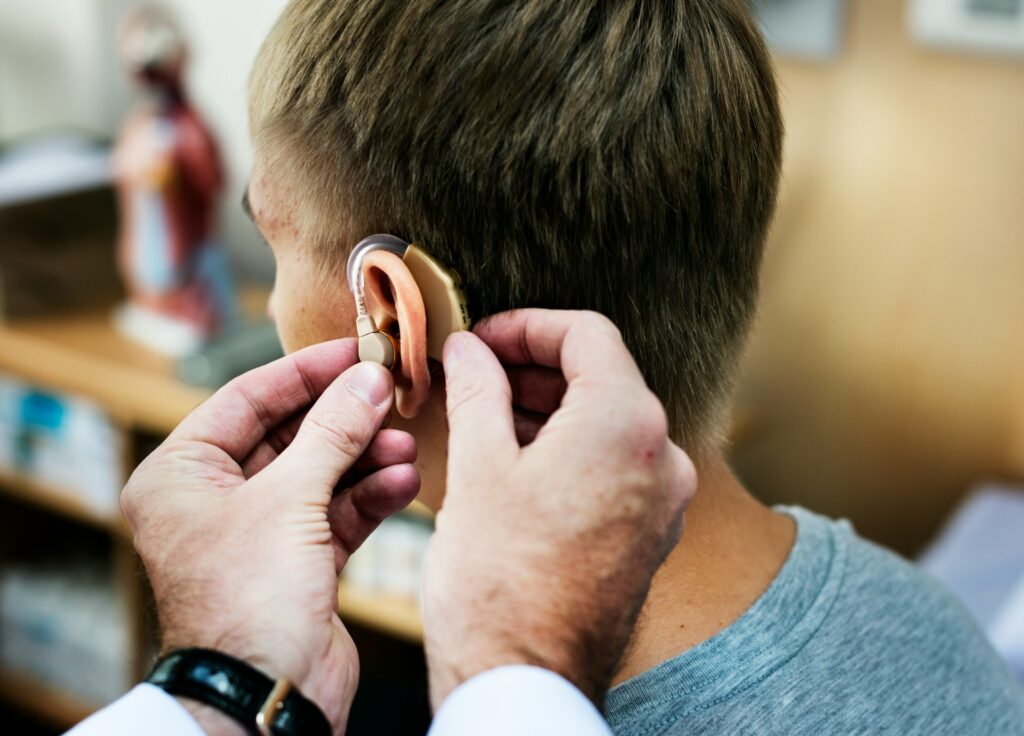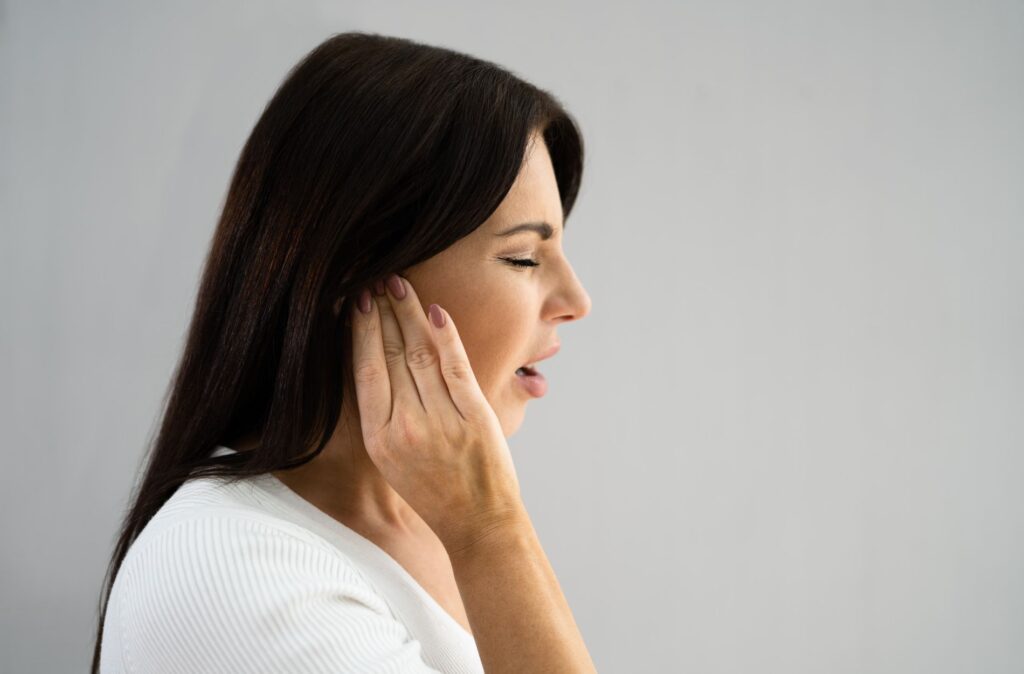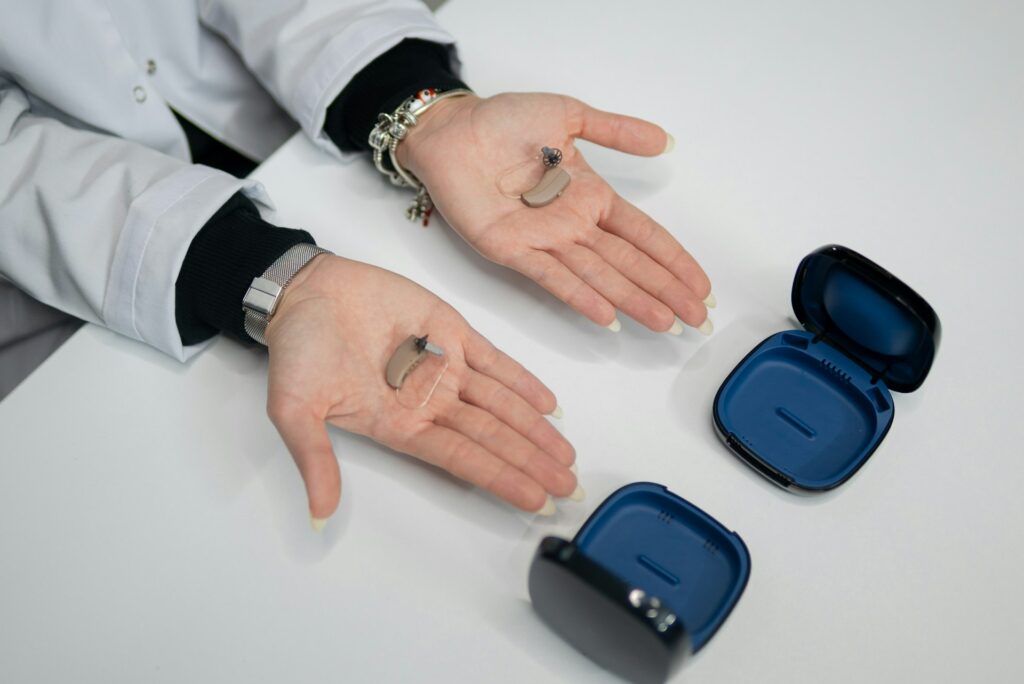Sudden unilateral hearing loss (SUHL) is an abrupt and unexplained hearing loss in one ear. The loss of hearing is usually severe and occurs within hours to days. This condition constitutes a medical emergency that necessitates expeditious diagnosis and intervention.
Read on to learn the causes, symptoms, and treatment options for SUHL.
Causes of Sudden Unilateral Hearing Loss
1. Viral Infections
Viral infections such as mumps, measles, and influenza can cause sudden hearing loss. The viruses attack the cochlea, the inner ear organ responsible for hearing, thus disrupting its function.
2. Autoimmune Disease
Autoimmune diseases like lupus, rheumatoid arthritis, and multiple sclerosis can cause sudden hearing loss. The immune system attacks the inner ear, causing inflammation and damage.
3. Inner Ear Disorders
Sudden hearing loss can be attributed to inner ear disorders, such as Meniere’s disease and acoustic neuroma. Meniere’s disease is a pathological condition that impacts the internal auditory organ, resulting in dizziness, ear ringing, and impaired auditory function.
An acoustic neuroma is a non-malignant neoplasm that develops on the vestibulocochlear nerve, which links the inner ear to the brain.
4. Trauma
Trauma to the head or ear can also cause sudden hearing loss. The trauma can damage the inner ear or the auditory nerve.
5. Medications
Various medications, including antibiotics, diuretics, and chemotherapy drugs, have been known to potentially result in sudden hearing loss. These medications can have adverse effects on the inner ear or the auditory nerve, leading to potential damage.
Symptoms of Sudden Unilateral Hearing Loss
The manifestation of symptoms in patients with SUHL may exhibit variability based on its severity. However, common symptoms include an abrupt onset of hearing loss in one ear and a sensation of fullness or pressure in the ear. Symptoms may include dizziness or vertigo, difficulty understanding speech, and a decreased ability to localise sounds.
When experiencing the symptoms mentioned above, promptly seeking medical attention is necessary, as expeditious diagnosis and intervention may enhance the likelihood of auditory restoration.
Treatment of Sudden Unilateral Hearing Loss
The treatment of SUHL depends on the underlying cause. In most cases, the cause of SUHL is unknown, and the treatment is supportive. The goal of therapy is to restore hearing and prevent further hearing loss.
1. Antiviral Medications
Antiviral drugs may be recommended in cases where the aetiology of SUHL is attributed to a viral pathogen. Pharmaceutical interventions have the potential to mitigate the intensity of the infection and forestall additional harm to the internal auditory system.
2. Hyperbaric Oxygen Therapy
Hyperbaric oxygen therapy entails inhaling pure oxygen within a chamber that is pressurised. The treatment can improve blood flow to the inner ear, improving hearing.
3. Hearing Aids
If hearing loss is permanent, hearing aids can improve hearing. Hearing aids amplify sound and can help you hear better in noisy environments.
4. Cochlear Implants
A cochlear implant may be recommended if hearing loss is severe. This is a medical apparatus invasively inserted into the cochlea of the inner ear. By directly stimulating the auditory nerve, it has the potential to aid in hearing by circumventing the impaired regions of the inner ear.
Conclusion
Sudden unilateral hearing loss (SUHL) is a medical emergency characterised by a sudden and unexplained loss of hearing in one ear. It can be caused by viral infections, autoimmune diseases, inner ear disorders, trauma, or certain medications. Prompt diagnosis and intervention are crucial for better outcomes.
Do you need help hearing conversations clearly or constantly asking people to repeat themselves? Get the expert hearing care you need at Country Hearing Care. If you’re having trouble hearing, our professional team can provide you with a hearing test and a customised treatment plan to help. Get in touch with us right away!










